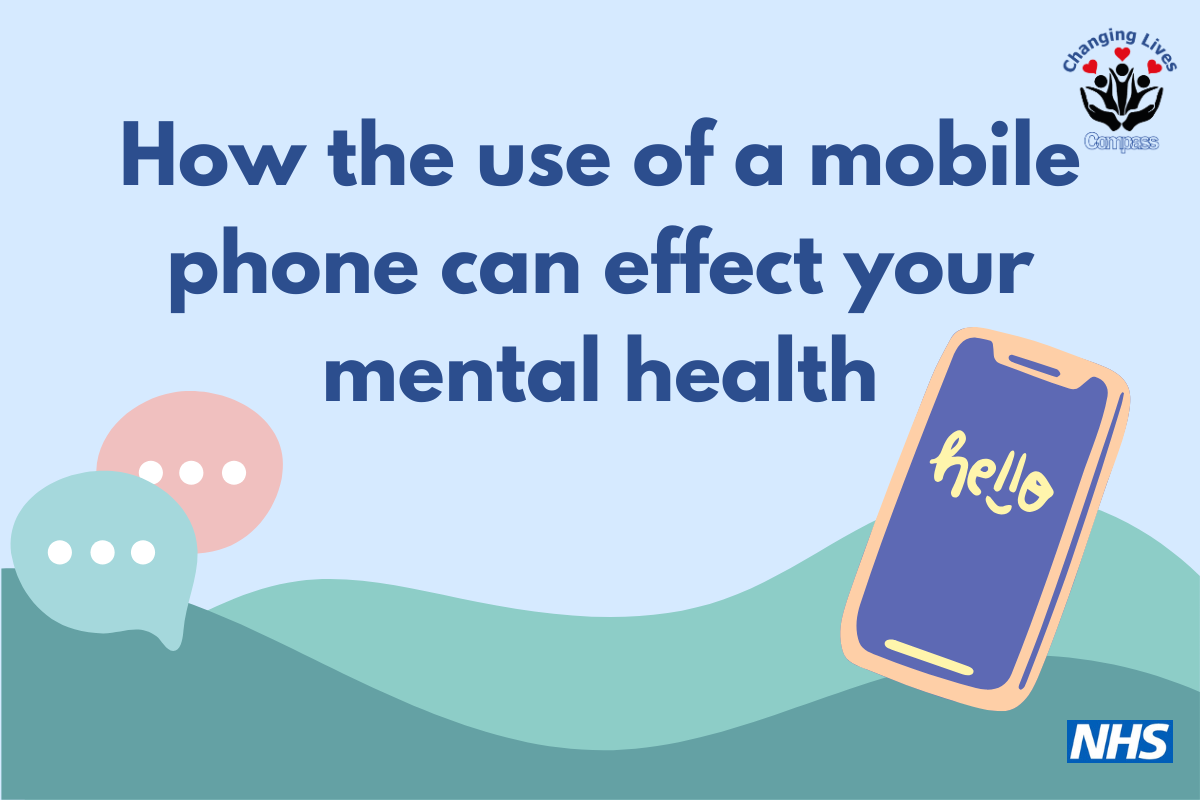
Mobile phones and their impact on children and young people’s mental health have been a subject of concern and research. While mobile phones offer numerous benefits, they can also have various effects on mental health, both positive and negative. It’s important to note that the impact can vary depending on individual factors, such as age, frequency of use, and the nature of content accessed. Here are some of the effects:
Positive Effects:
- Social Connection: Mobile phones can help children and young people stay connected with friends and family, reducing feelings of loneliness and isolation, which can have a positive impact on mental well-being.
- Access to Information and Support: Mobile phones provide access to information and resources related to mental health, which can help individuals seek help, find coping strategies, and better understand their mental health.
- Convenience: Mobile phones can offer convenience in terms of communication, access to educational resources, and entertainment, which can contribute to overall well-being.
Negative Effects:
- Screen Addiction: Excessive use of mobile phones, including social media and gaming apps, can lead to screen addiction, which can negatively impact mental health by causing anxiety, depression, and sleep disturbances.
- Cyberbullying: Children and young people can be vulnerable to cyberbullying, which can lead to psychological distress and mental health issues.
- Reduced Physical Activity: Excessive mobile phone use can lead to a sedentary lifestyle, which is associated with physical health problems and, indirectly, mental health issues.
- Sleep Disturbances: The use of mobile phones before bedtime can interfere with sleep patterns, which can have a detrimental effect on mental health.
- Fear of Missing Out (FOMO): Social media can contribute to the fear of missing out on social events and experiences, leading to feelings of inadequacy and anxiety.
- Comparison and Self-esteem: Constant exposure to curated and idealized representations of others’ lives on social media can lead to negative self-comparisons and lower self-esteem, particularly among young people.
- Reduced Face-to-Face Interaction: Excessive phone use may lead to reduced face-to-face social interactions, which are important for the development of social skills and emotional intelligence.
- Privacy Concerns: The sharing of personal information and the potential for online privacy breaches can lead to stress and anxiety.
It’s important to remember that not all children and young people will experience these negative effects, and many can use mobile phones in healthy and balanced ways. Parents, caregivers, and educators can play a crucial role in promoting responsible mobile phone use and helping children and young people navigate the digital world while safeguarding their mental health. Encouraging open communication and setting boundaries can be effective strategies to help make children and young people aware of the positive and negative effects of using mobile phones. Additionally, seeking professional help is advisable if concerns about a child’s or young person’s mental health arise due to mobile phone use or any other factors.
Back to Online Resources
